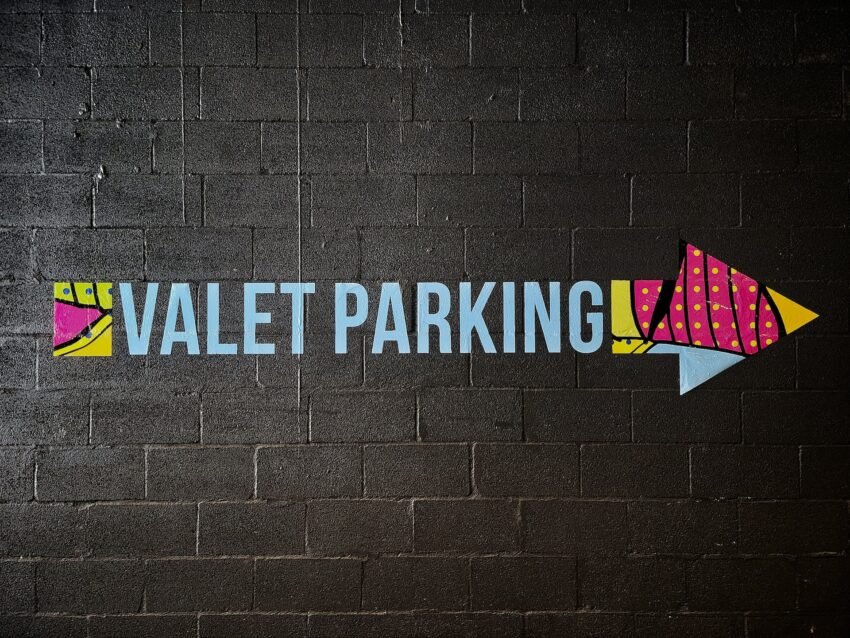Valet parking is a valuable amenity for hotels and other hospitality businesses. It can help improve customer satisfaction and increase revenue.
It’s a good idea to bring cash to tip the valet. Many valets earn less than minimum wage and depend on tips to supplement their income.
Typically, you should tip $2-$3 per car. However, there are some situations where you may want to tip more generously.
Insurance
Valet parking is a standard amenity in hotels, hospitals, and restaurants that want to provide enhanced service for guests. But it also poses risks that business owners must consider to avoid heavy lawsuits and financial ruin.
For example, a guest may walk out to their car after a restaurant meal only to find a ding on their door that wasn’t there before they handed it over to the valet attendant. If the parking company or hotel needs to carry adequate insurance, this could lead to expensive damage claims.
A well-written commercial policy should include general liability, garage keeper’s liability, workers’ compensation, and employee dishonesty. This insurance helps protect the property of the guests and the employees, and the business owner, against liability for damages and theft.
It should also contain cyber liability coverage to address the risk of a data breach and other technological exposures. This is especially important for valet services that use apps and other high-tech tools to help customers reserve and pay for parking spots.
Licenses
Valet service is a valuable amenity at many upscale hotels and restaurants. It eliminates the hassle of finding parking and cultivates a welcoming atmosphere for guests and patrons. However, it also presents a host of risks.
A great way to assess a potential valet company is to see what kind of background checks they require for employees. A reputable company will do more than just run a driving record; they should also check for previous theft and drug abuse.
Additionally, a reputable valet service should provide claim tickets for customers that identify the operator’s name, correspondence address, and phone number for questions or complaints. This can prevent customers from feeling robbed of their vehicles or personal items.
As a general rule of etiquette, you should always tip your valet. Just as you would a waiter, this industry relies heavily on tips. Many valets receive a small hourly rate and depend on tips for most of their income.
Training
Valet services can be a significant asset to any hotel, but they must also have the proper training. They are responsible for driving and parking customers’ cars; even the smallest error can cause damage. Valet attendants must know how to handle various vehicles, including luxury cars like Ferraris and Lamborghini. Valet managers should consider sending their employees to specialized training courses.
This training helps ensure that the valets have the skills to handle these high-end cars and teaches them how to maneuver the vehicle in various settings safely. These courses can also help them improve customer service, an essential aspect of the job.
Some valet services offer mobile training, which enables their trainers to visit your facility and provide individualized instruction. This can be especially useful if you have many valet staff working for your business. This is often less expensive than attending a class at a training facility.
Pricing
When choosing a valet service, it is essential to understand fees and services. Valet services typically charge a fee for parking the vehicle, and additional charges may be charged for services such as fuel fills or car detailing. It is also essential to know whether guests, customers, or visitors are expected to tip the valet attendants.
Many on-site valet companies employ a method of stacking, where one or more attendants park cars quickly to keep retrieval times low. This method can help to reduce wait times, and it also helps to ensure that the valet service has enough staff available during busy periods.
Adding valet services can improve the patient experience at your hospital, leading to higher satisfaction scores and increased reimbursements through Medicare’s Hospital Value-Based Purchasing program.
As the COVID-19 pandemic continues, investing in training and implementing safe procedures to protect guests, employees, and patients is critical. These precautions will help your hospital to provide a quality valet experience and protect its reputation.

